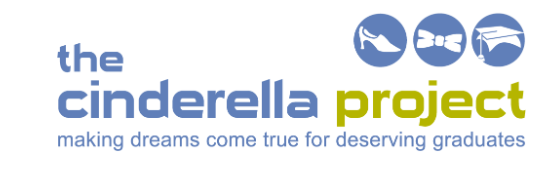May 18, 2023
SVP Vancouver

Our Social Dialogue Series Event was a Hit!
On April 26th, we held our first Social Dialogue Series event in person since 2019! SVP Partner Marnie Goldenberg facilitated an in-depth discussion about trust-based philanthropy and the power dynamic that exists between funders and non-profit organizations. We dug into what SVP is already doing to help level the playing field for non-profits and where we can expand.

We had a fantastic turnout, maxing out the venue’s capacity with 23 people in attendance, a mix of current Partners, prospective Partners and SVP staff.
Feedback from the event was positive, with one attendee noting, “The format was very good. A nice mix of listening, group, and small group discussion.” 100% of attendees surveyed said they learned something new, and several attendees were pleased with the use of a podcast and the event coordination.
Our learnings for next time include finding a larger space with better sound quality, and balancing the discussion on not only what SVP has already implemented and is doing well with how we can continue to improve. We’ve also learned that our event guests get hungry when they’re having incredible conversations, so we will ensure that there is more food at our next event.
We are so grateful to those who were able to share their insights and learn with us!
What is Trust-Based Philanthropy?
Trust-based philanthropy is a movement to help advance equity, shift power, and build mutually accountable relationships within the funder/nonprofit dynamic. In the podcast we recommended prior to the event, Shaadi Salehi, Executive Director of the Trust-Based Philanthropy Project, outlines the six tenets of this approach. At the same time, Shaadi emphasizes that these practices should be delivered with an intentional equity lens and intentional approach to power sharing.

The six tenets of trust-based philanthropy:
- Give multi-year unrestricted funding.
- Do the homework and take on the onus of work in the due-diligence process.
- Simplify and streamline paperwork to alleviate lengthy and burdensome application processes.
- Be transparent and responsive.
- Solicit and act on feedback.
- Offer support beyond the cheque.
How Does SVP Practice the Six Tenets?
As a funder, SVP has been more than just a cheque since our beginnings; our purpose is to offer resources and support beyond only financial.
We aim to be relationship focused rather than transaction focused with the organizations we work with, which we state from the beginning of our relationship. We try to establish how important it is to us that we earn organizations’ trust so they feel comfortable sharing what their true needs and challenges are. Additional ways we embody the six tenets are as follows:
- We offer multi-year funding that is not project restricted.
- We recently completed the redesign of our application process so that it is more streamlined and reduces the time and labour required from our applicants.
- We also recently redesigned our due diligence process, meaning that we thoroughly research and compile data on prospective organizations before we meet with them. Not only does this allow us to dig deeper into the organization and what it does, it also demonstrates that we respect their time by not asking questions we can answer for ourselves.
- Most of our reporting is now conversation based; we no longer have lengthy applications that need to be filled out.
- We try to solicit genuine feedback from our Investee and Alumni organizations and try to act on that feedback.
Helen Stortini, SVP Vancouver’s Executive Director, summarizes our journey with trust-based philanthropy: “As much as we are doing, there is still work to be done. This approach is a journey, not just a checklist, and it’s so important to be intentional and mindful about not just our processes and practices, but how we are showing up in relationships as a funder.”



